

 The Reckoning of Time (Liverpool University Press - Translated Texts for Historians)
The Reckoning of Time (Liverpool University Press - Translated Texts for Historians)In the 8th century, Christian scholar Bede claimed in his book,


The ancient Saxons in Northern Europe worshiped the Goddess Oestre at the time of the Spring Equinox. The Goddess Easter represents the sunrise, spring-time and fertility, the renewal of life.






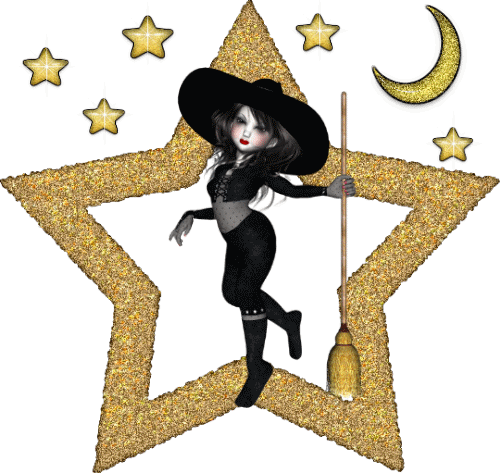 The Easter celebration has many rituals and
traditions that may or may not be Christian in nature.
The Easter celebration has many rituals and
traditions that may or may not be Christian in nature.  Rituals celebrated during the Easter
month s are truly pagan rituals and celebrations, while some are Christian in nature.
Rituals celebrated during the Easter
month s are truly pagan rituals and celebrations, while some are Christian in nature.


Easter celebration started with pagan worship and has absolutely nothing to do with the Crucifixion, or the Resurrection!

Churches will not touch the issue of how

Easter got its name because it is a controversial issue.
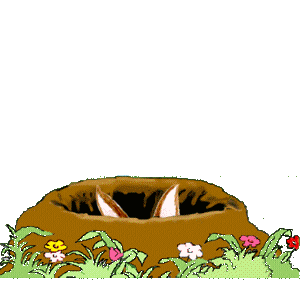


 In
In  Christian homes,
Christian homes, 
 Easter Sunday
takes place with the appearance of cute little rabbits
Easter Sunday
takes place with the appearance of cute little rabbits
 , pastel colored
baby chicks
, pastel colored
baby chicks , colored
, colored
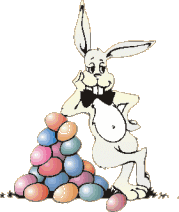
 (Easter) eggs,
(Easter) eggs,
 baskets filled with artificial grass
baskets filled with artificial grass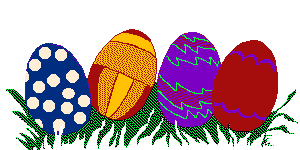 . Many churches have the children of the congregation and the
community participate in Easter Egg Hunts,
. Many churches have the children of the congregation and the
community participate in Easter Egg Hunts,
 Egg Rolling Contests
Egg Rolling Contests
 and Egg
Coloring contests or gatherings.
and Egg
Coloring contests or gatherings.

 The celebration are really not
Christian in nature, but are actually the old pagan
holidays and rituals of the celebration of the resurrection of one of
their gods that they called "Tammuz",
The celebration are really not
Christian in nature, but are actually the old pagan
holidays and rituals of the celebration of the resurrection of one of
their gods that they called "Tammuz",
who is believed to be the only begotten son of their moon-goddess and the sun-god of the Babylonian culture. "Ishtar", pronounced "Esh-tar", was the goddess of fertility in those pagan days and was responsible for the fertility of everything that could reproduce. That meant crops, livestock, wild animals and humans.
The early Catholic church incorporated those two celebrations of the pagan holidays into the church to entice the pagans to turn to Christianity. The Catholic Church killed two birds with one stone so to speak by incorporating the resurrection of "Tammuz", and the fertility goddess “Ishtar” into their schedule so as to coincide with the Christian celebration of the resurrection of Jesus Christ.





 Rabbits, Baby Chicks, and Easter Eggs: All symbolize fertility in old pagan cultures and have absolutely nothing to do with Christianity.
Rabbits, Baby Chicks, and Easter Eggs: All symbolize fertility in old pagan cultures and have absolutely nothing to do with Christianity.

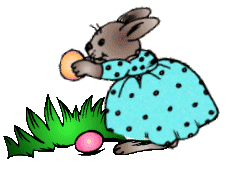

The Christian Sunrise service: The Sunrise Service that takes place in many Christian churches is a pagan ritual, part of the worship of their “sun god”.
How Is The Date For Easter Selected? The particular Sunday for Christian Easter worship is determined by the first full Moon after March 20, or the Spring Equinox.


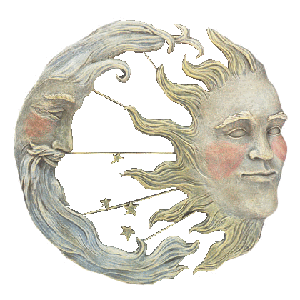
The Fairies and Gnomes Room.



